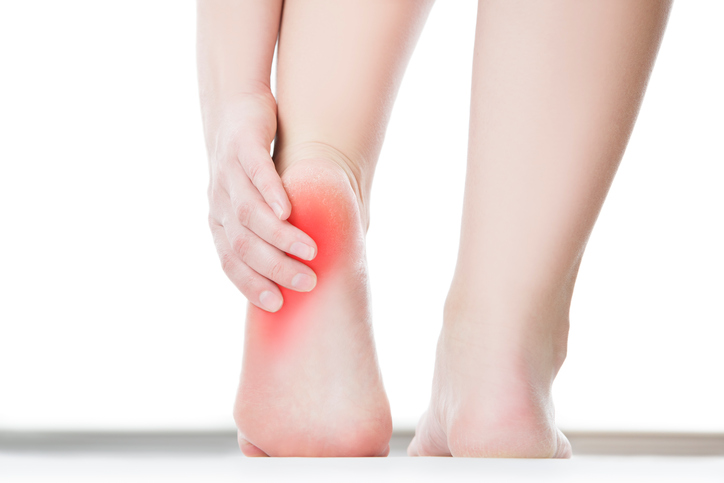shake
(verb, noun)
/ʃeɪk/
 LISTEN
LISTEN


Shaking hands
To shake is ‘to move with short, quick movements,’ ‘to move up and down when mixing,’ and ‘to tremble,’ literally and figuratively, as with cold, excitement, or fear. When we shake hands, we hold someone else’s hand in greeting and move it up and down. Shake, often used with off, also means ‘to get rid of something’ or ‘to cause something to become loose and fall.’ When we are deeply upset or shocked about something, we can say that we are shaken by it. As a noun, a shake is any act of shaking. Informally, it also means ‘treatment.’ In addition, it is another word for milkshake.
Example sentences
- The bartender put all the ingredients in the mixer and then shook them to make the cocktail.
- The speaker was clearly nervous; you could see her hands shaking as she reached for her glass of water.
- In France, people shake hands in greeting, unless they know each other well enough to kiss.
- I can't seem to shake off this cold; I've had it for two weeks now.
- Rachel was shaken by the news of her father's death.
- With a shake of his head, Peter indicated his disagreement.
- We don't believe in preferential treatment; everyone gets a fair shake in this company.
- I always get a chocolate shake when I go to the ice cream parlor.
Words often used with shake
shake things up: change things, especially by breaking with routine. Example: “You can get stuck in a routine, if you’re not careful. To keep things interesting, it’s a good idea to shake things up by doing something completely different once in a while.”
a shakeup: the act of shaking things up. Example: “The new boss thinks the whole company needs a shakeup.”
let’s shake on it: said to mean you have come to an agreement or done a deal. Example: “You’ll buy it for $300? Yes, I’ll take that. Let’s shake on it!”
shake somebody up: distress or upset someone. Example: “We nearly had a car accident on the way home. No one was hurt, but the near miss really shook us up.”
shake down (mainly US): to extort money from somebody. Example: “The nightclub owner was shaken down for a lot of money by criminals running a protection racket.” (A shakedown is the noun version of this.)
shake a leg: hurry up. Example: “We’re going to be late. Come on, shake a leg!”
In pop culture
The popular Taylor Swift song “Shake It Off” is about other people’s criticism and how the singer just “shakes it off” or, in other words, refuses to pay attention to it and let it bother her.
There is a memorable song about shaking at the end of Tim Burton’s 1988 movie Beetlejuice, where the characters (especially the floating Winona Ryder) make shaking movements with their bodies. The song, “Jump in the Line,” is by Harry Belafonte, an American singer inspired by his Caribbean roots.
Did you know?
Another expression using shake is shake the dust from your feet. It originally comes from the Bible, but it now figuratively means to leave somewhere when you are happy to be leaving that place. Example: “Angus had spent his whole life in the small village, but as soon as he was old enough to leave home, he shook the dust from his feet and headed for the big city.”
Origin
Shake dates back to before the year 900 as the Old English verb sceacan, and later the Middle English verb s(c)haken, both meaning ‘to move something quickly back and forth,’ as well as ‘to flee or depart’ (this meaning was later lost, except for in some expressions). It comes from the Proto-Germanic word –skakanan, and is related to the Low German verb schacken and the Old Norse skaka, among others. The noun comes from the verb and also dates back to before the year 900.
Word of the Day is released Monday through Friday.



